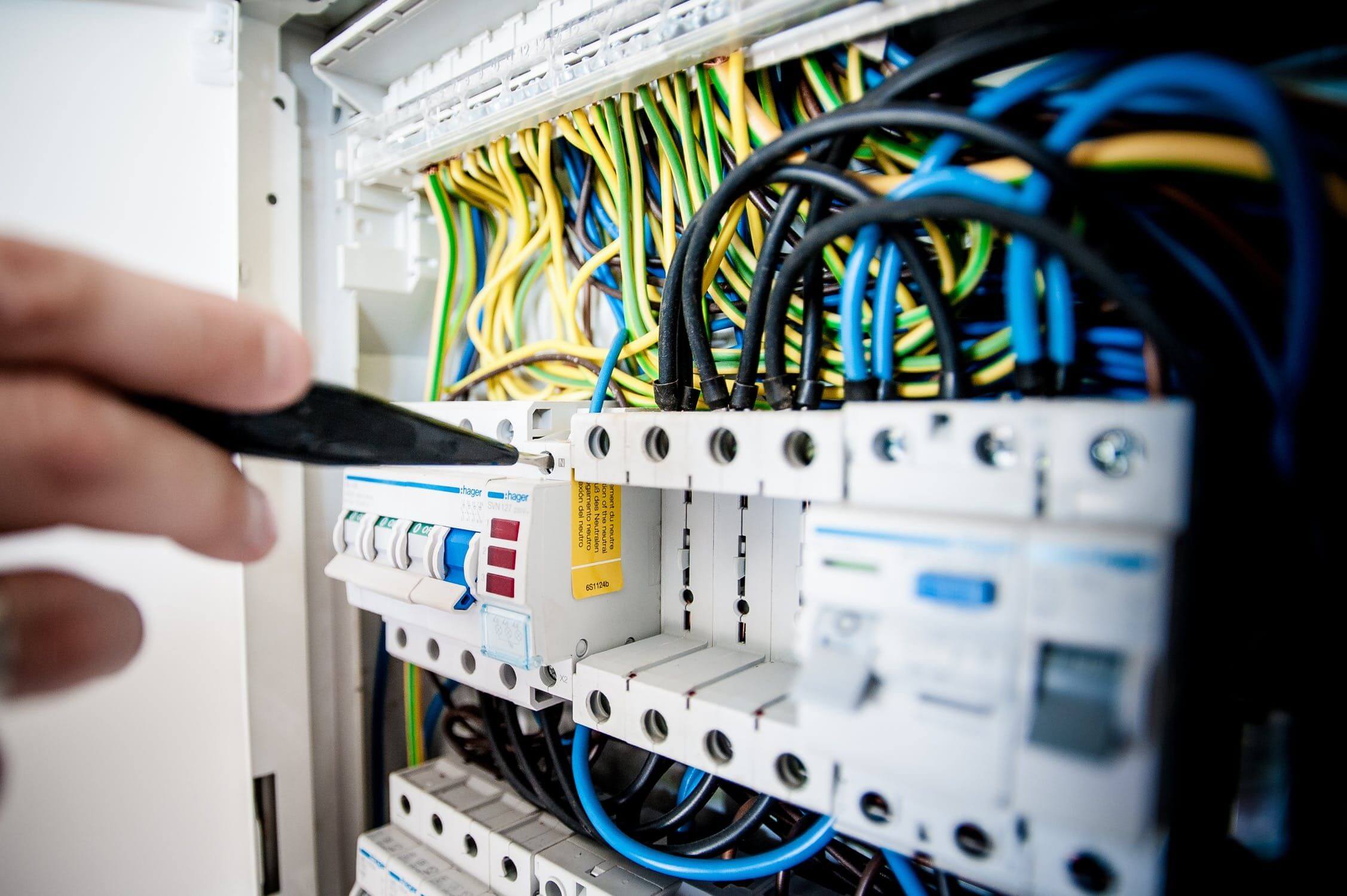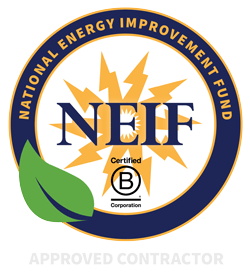What You Need to Know About Electrical Code Compliance
- Electrical
- Miscellaneous

If you’re upgrading your home’s electrical system or about to start a remodeling project, then it’s important to be aware of electrical code compliance requirements. Electrical codes are specifically designed to set a safety standard that minimizes the chances of injuries and property damage due to electrical shock, faults, or fires. In other words: While complying with electrical codes might seem like a hassle, it’s an investment in your and your family’s safety.
Of course, due to increased household power consumption and technological advancements, homes today have to meet a different set of requirements than homes that were built 20, 30, or 40 years ago. And although you won’t be required to upgrade your home’s old wiring just because it’s old, it’s a good idea to do it because it’s much, much safer.
Once you start working on your home’s electrical system, it’s good to have a general overview of all applicable requirements. The following brief overview will provide you with a basic understanding of electrical code compliance.
National and local codes
- National codes: The National Electrical Code (NEC) describes all national codes for both commercial and residential wiring.
- Local codes: In addition to the NEC, there are also local codes that are determined by local building departments. Note that local codes can vary significantly between different municipalities.
General code requirements
- Circuits: Existing circuits cannot be overloaded by the addition of a new service. Residential buildings generally have 120 volt circuits at 15 amps, with kitchen and utility areas having 20 amps.
- Wires: 15 amp circuits require 14-gauge wire, and 20 amp circuits require 12-gauge wire.
- Service panels: Service panels usually don’t require upgrading unless you’re adding a new circuit.
- Cable: Non-metallic cable can generally be used unless the cable will be exposed, in which case conduit or armored cable will probably be needed.
- Fixtures, appliances, and receptacles: All fixtures, appliances, receptacles, and switches must be safely grounded.
- Boxes: Most municipalities allow plastic boxes, although there are some local codes that require metal boxes.
Additional code requirements
In addition, there are also highly detailed electrical code requirements for each room in the home, as well as the home’s exterior. For example, pull chains for light activation are not allowed in many rooms including the bedroom, living room, and dining room. A kitchen with several appliances such as a dishwasher, garbage disposal, stove, refrigerator, and microwave may require those appliances to be on their own individual circuits. In the bathroom, all receptacles must be GFCI-protected and light fixtures must be moisture-proof. Exterior electrical receptacles and lighting must all have waterproof covers and fittings, and cable may not be exposed.
It should be clear that ensuring compliance with national and local electrical codes is both complicated and necessary. That’s why it’s always best to hire a qualified local electrician in the event your electrical system needs upgrading or expanding. He or she will be able to advise you on your best options and make sure that all the work that’s done is up to code.
For More Information on All Things Electrical, Call NSHEC Today!
Contact North Shore Home Energy Today for the Best in Electrical Work!
Check Out Our Current Specials!
Read The Great Things That Your Neighbors Are Saying About NSHEC.
gfci installation gfci installation





